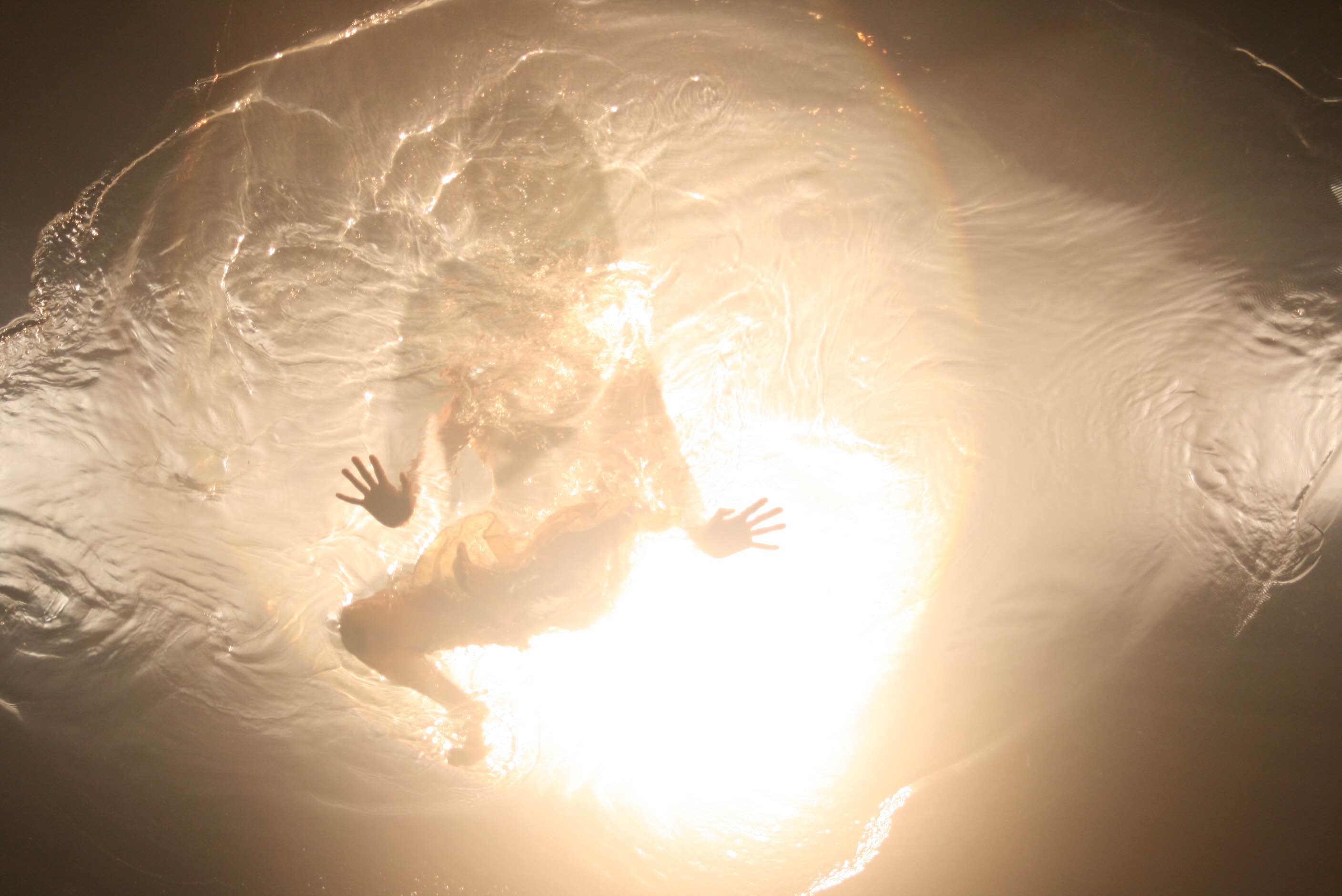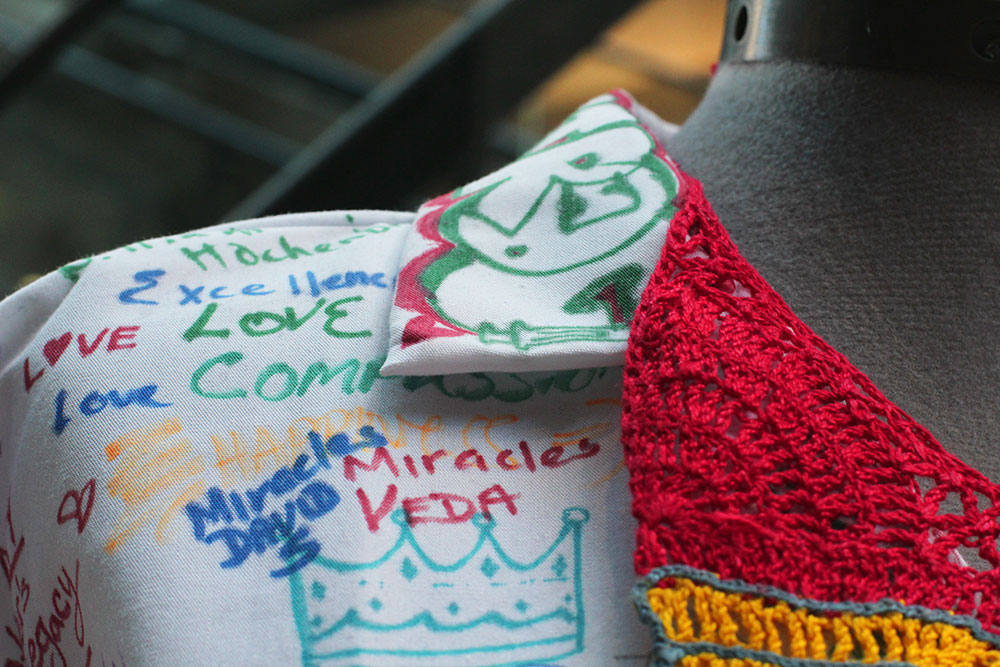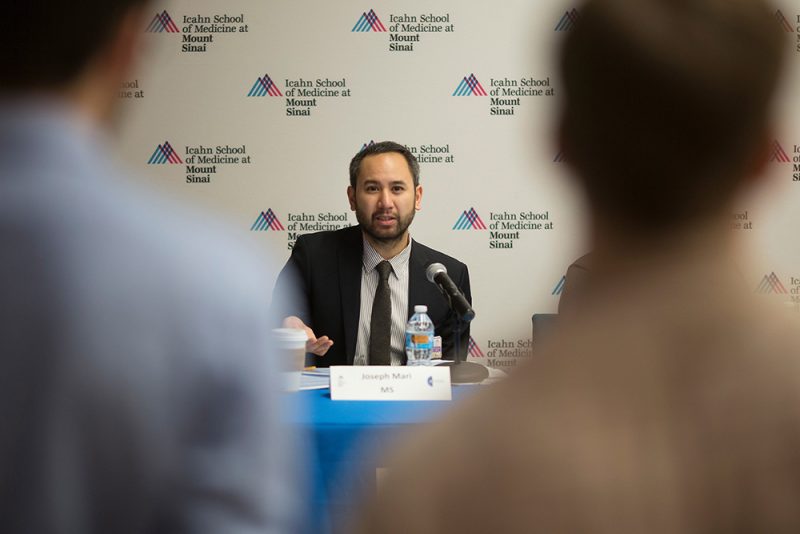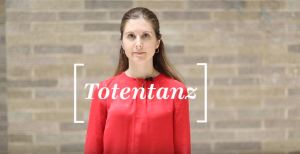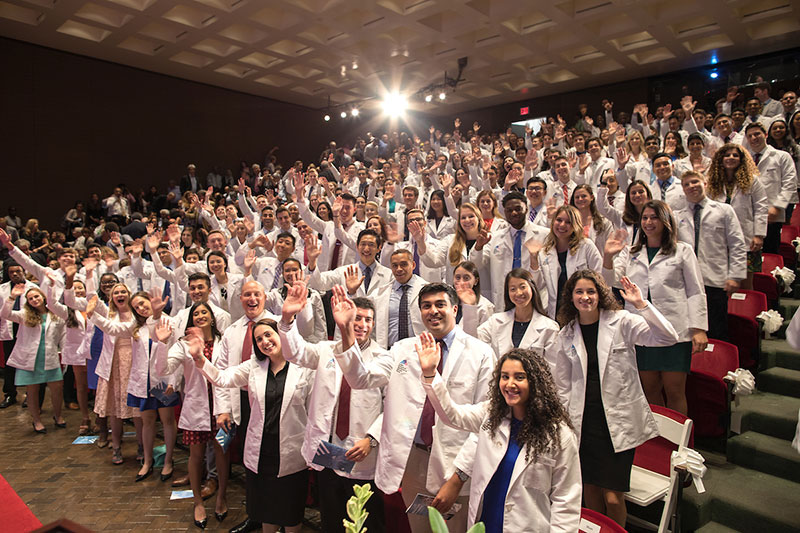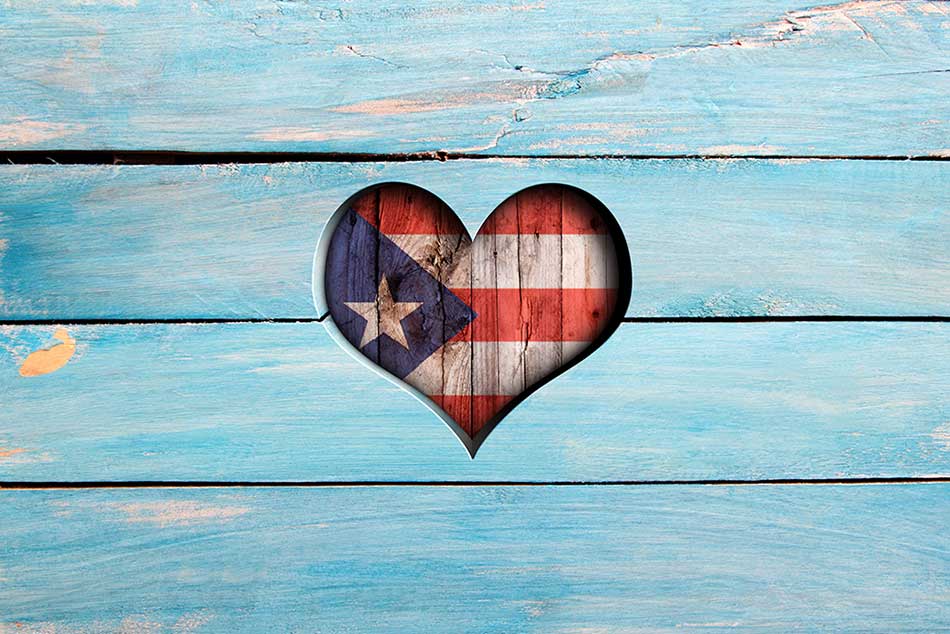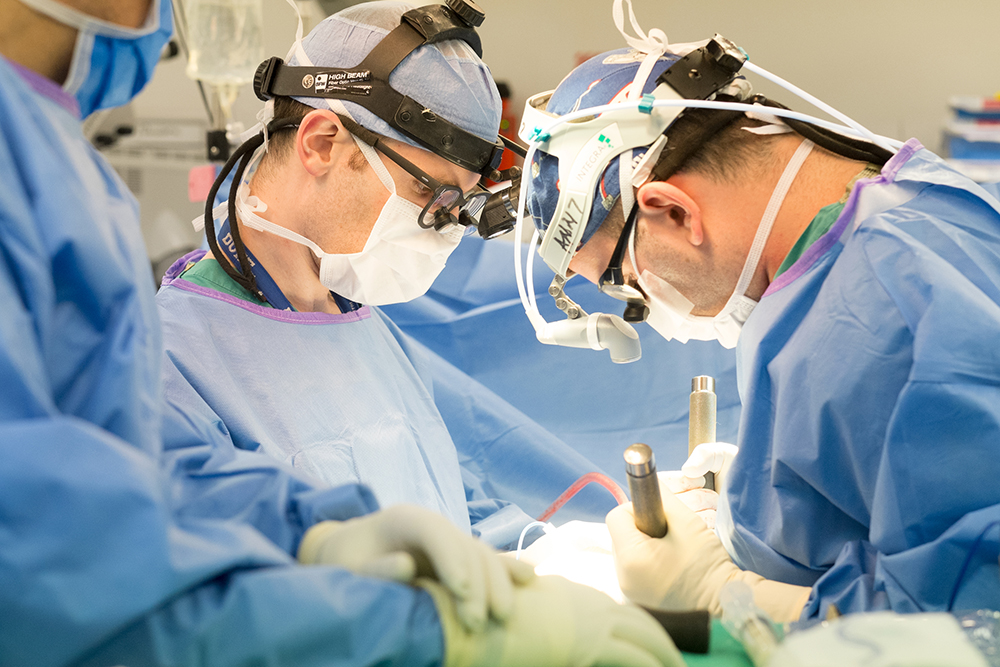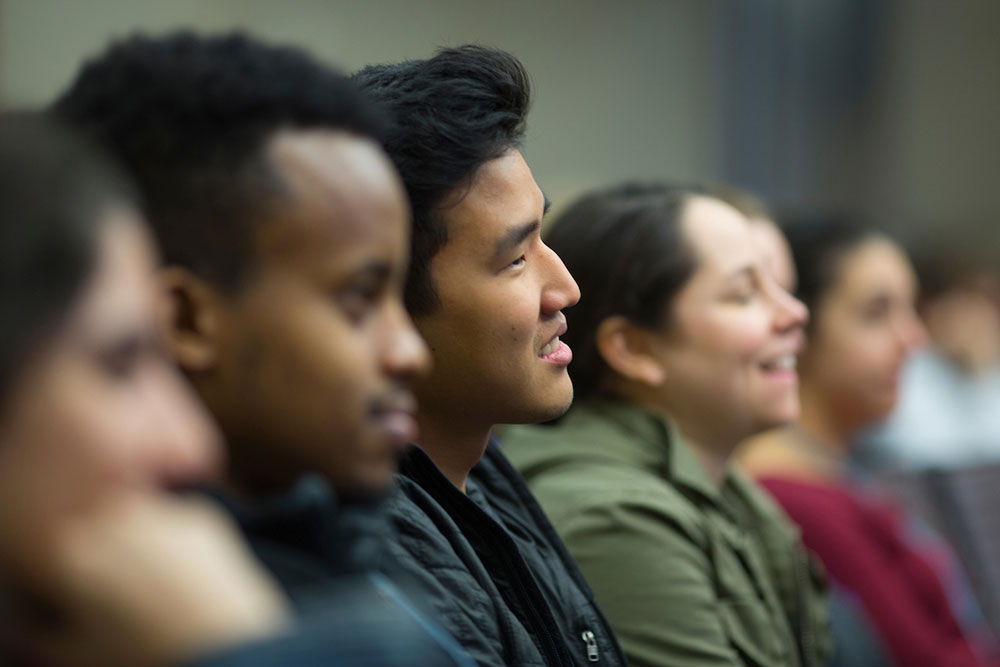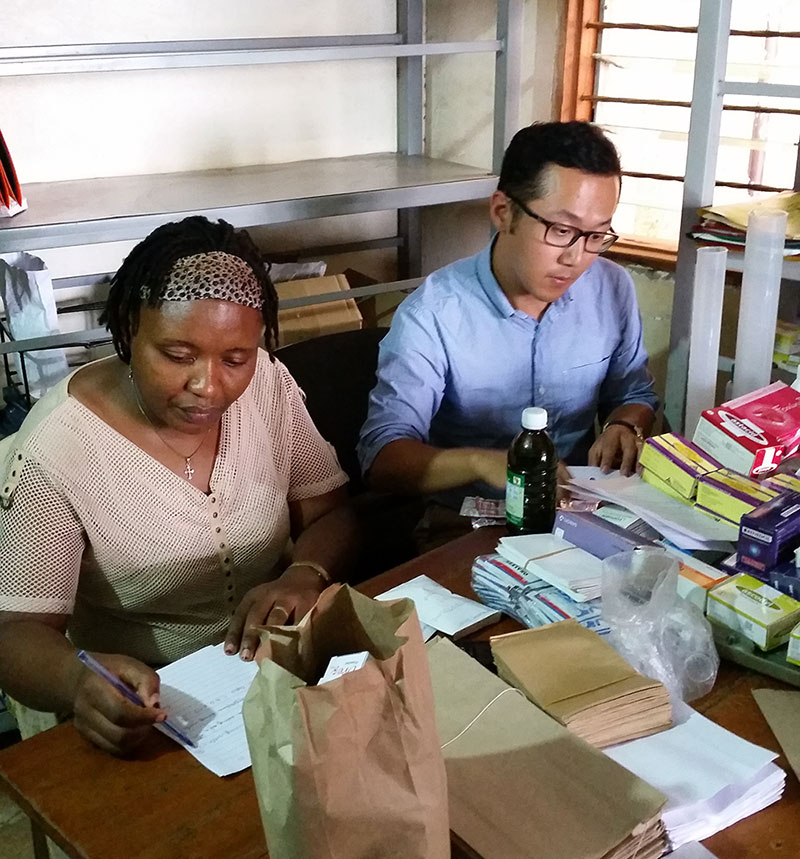 It was the second week of administering our Needs Assessment Questionnaire. My two research assistants and I had arrived at the Radiotherapy department of the Korle Bu teaching hospital at 7:45am to begin seeking the consent of caregivers of cancer patients. We would ask them if they would be gracious enough to spare a moment to answer questions pertaining to their role as caregiver.
It was the second week of administering our Needs Assessment Questionnaire. My two research assistants and I had arrived at the Radiotherapy department of the Korle Bu teaching hospital at 7:45am to begin seeking the consent of caregivers of cancer patients. We would ask them if they would be gracious enough to spare a moment to answer questions pertaining to their role as caregiver.
Many caregivers were more than willing to do so, whereas a few were mildly irritated that they were being disturbed so early in the morning with no compensation. For every one caregiver who expressed their annoyance at not being left in peace, many more could not thank us enough for paying some attention to them. The impression I got was that the family caregiver was indeed the invisible super(wo)man, sacrificing a tremendous deal financially, emotionally and in many other ways, yet seldomly were their actions acknowledged. Now, there were three bright eyed and bushy tailed aspiring health professionals who wanted to hear anything and everything they had to say about their needs and how they could be supported in order for them to provide optimal care for their patient.
And so in this vein, the day chugged along. Between my sessions with caregivers, I would go over to my two assistants to make sure everything was going smoothly. On one of such occasions, my research assistant was engaged in conversation with a young lady who sat next to her elderly mother. Her mother, who appeared to have a mal-odorous breast cancer, drifted off to sleep as the two ladies chatted away. Once I verified they did not need my help, I moved on.
Barely five minutes later, I heard a blood-curdling wail.
Continued in Part 2.


